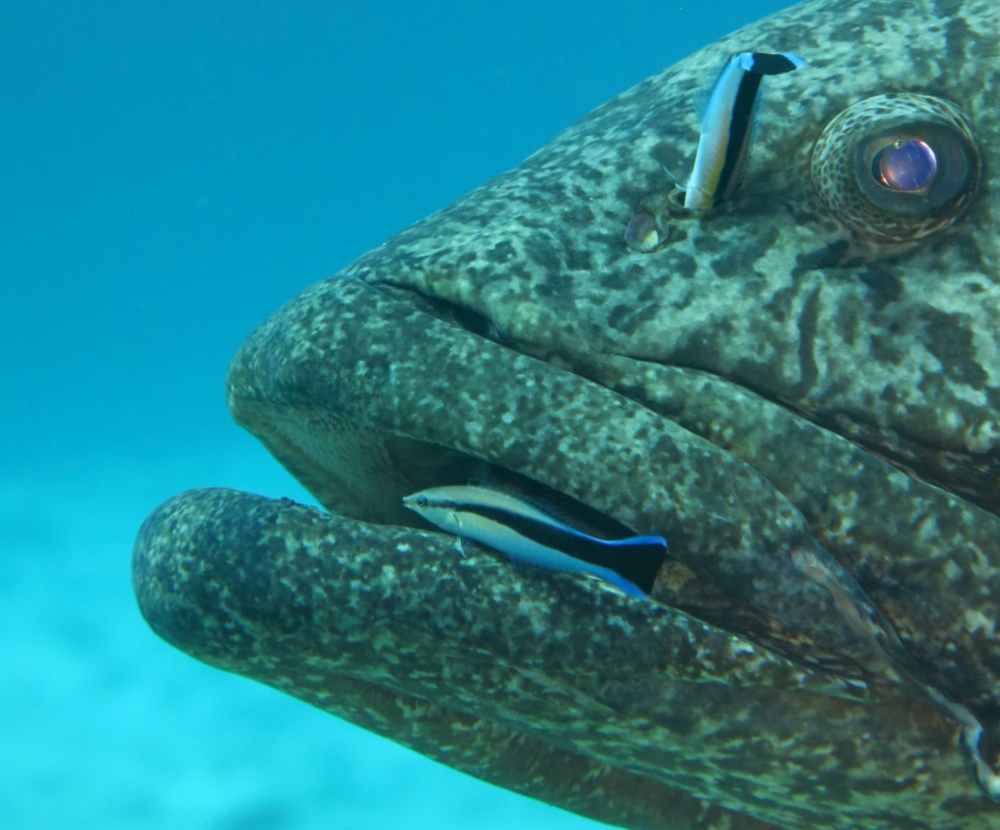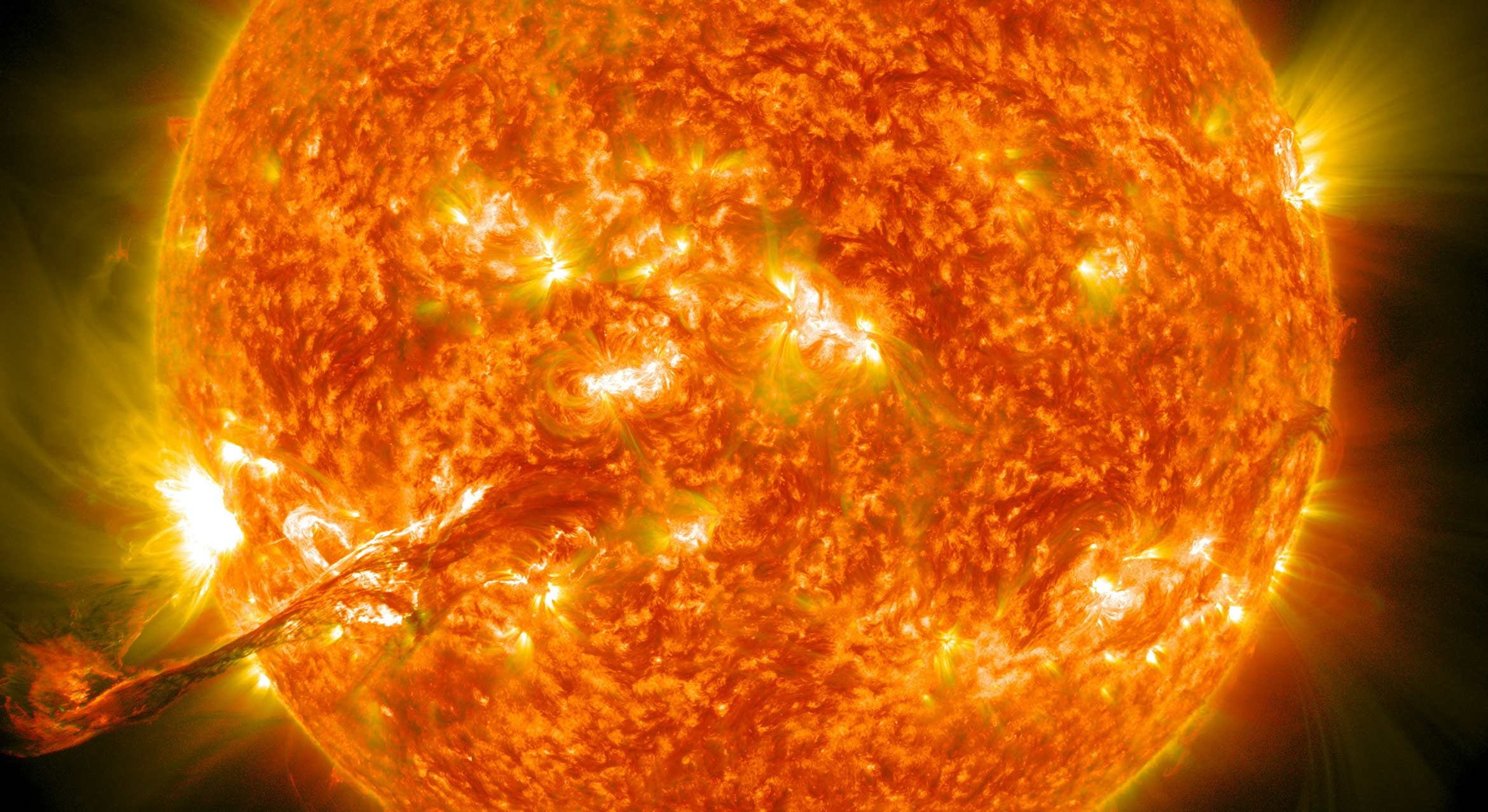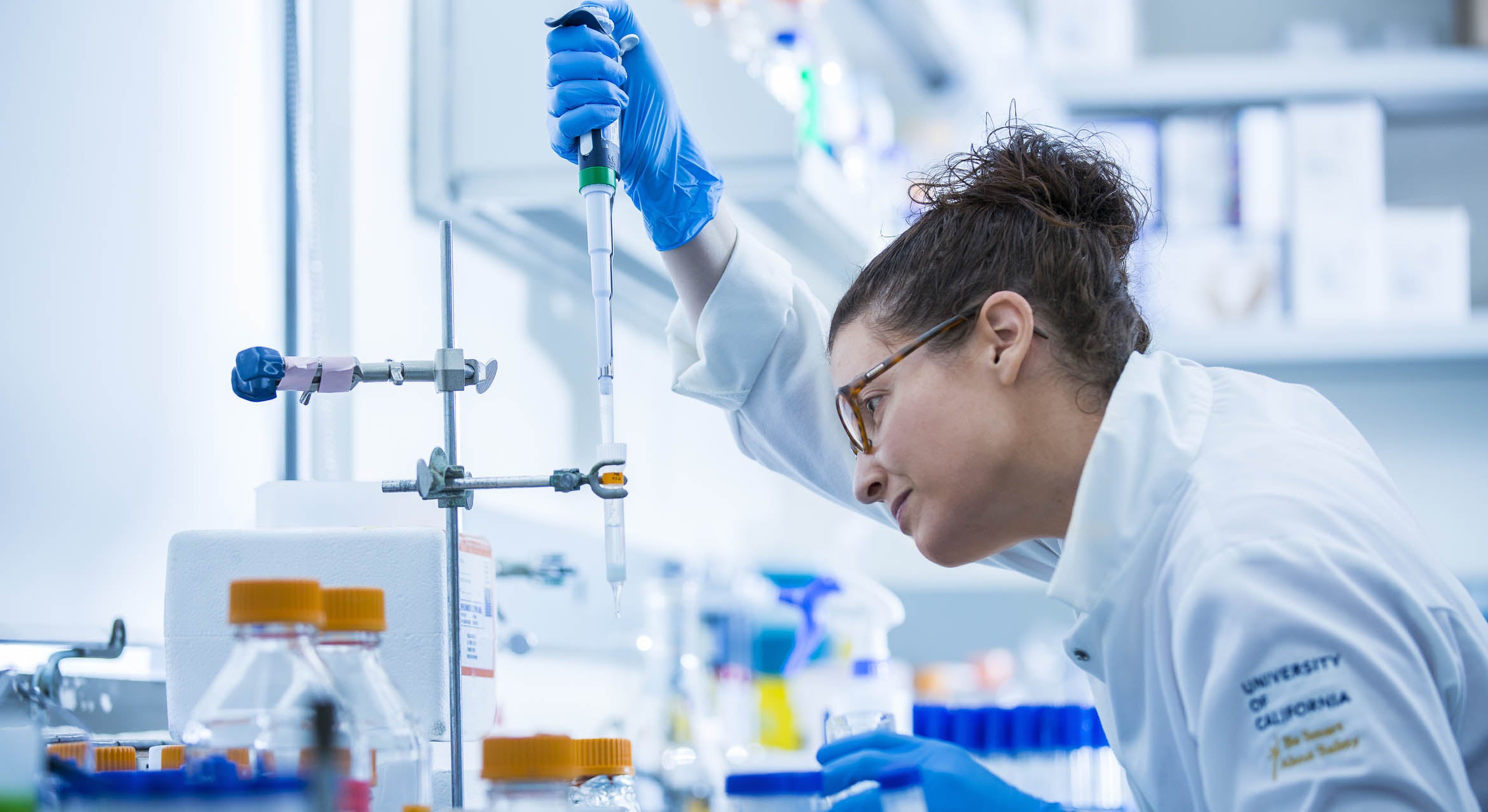It’s Not Cheating Unless a Species Gets Hurt

The scientific community has long held that cheating among species that cooperate with one another for mutual benefit is a widespread phenomenon. However, a review of dozens of key ecological studies now shows very little evidence to support this commonly accepted notion.
The study, conducted by a 14-member working group at UC Santa Barbara’s National Center for Ecological Analysis and Synthesis (NCEAS), found that despite numerous observations of low-quality partners, there was little support for them to be considered cheaters. The study appears online in the journal Ecology Letters.
“By definition, a behavior is cheating only if it provides one partner with an advantage and also imposes a disadvantage on the other partner,” said co-lead author Emily Jones, an evolutionary ecologist at Rice University in Houston.
Although the researchers reviewed hundreds of studies that examined mutualistic cheating, most explored only limited aspects. That narrow viewpoint was compounded by the fact that no common ecological definition of cheating had ever been established.
“We found that most previous definitions were focused on just one side of the interaction,” said Jones. “Studies have tended to be focused on whether one partner was either giving less of a resource or taking more from the other partner, but neither of those qualifies as cheating unless the other partner is harmed.”
Said NCEAS Director Frank Davis, “This is synthesis research at its best. It brings together theoretical and empirical perspectives to help resolve scientific conflicts and offer new insights into an important area of ecological and evolutionary research.”
Interspecies cooperation is a fixture of the natural world. Among the hundreds of documented examples are nitrogen-fixing bacteria that help plants obtain nutrients, honey bees that pollinate as they gather nectar and gut bacteria that help humans digest food. However, mutualisms also present evolutionary biologists with a conundrum: Why should species cooperate at all, given that Darwinian selection demands that each organism act in its own self-interest?
“One of my advisers from graduate school described mutualism as ‘mutual exploitation,’” Jones said. “Each species is actually exploiting the other, and each one benefits more from the mutual arrangement than they are harmed by it.” Even so, the self-interest of each partner sets the stage for cheating because each partner is driven by selective pressure to extract the most it can from the relationship.
The idea that natural selection pushes species to cheat has motivated hundreds of ecological studies. For example, the authors found that since 2010, more than 100 studies per year have examined concepts related to mutualistic cheating. For this paper, the team focused on studies relating to mutualisms in which cheating was suspected to be important.
Jones and her co-lead author, Michigan State University plant biologist Maren Friesen, are careful to point out that the team’s findings do not preclude the possibility that cheating is widespread among mutualists. “It is possible that cheating is widespread,” Friesen said. “But it is clear that previous studies have not proved that widespread cheating is taking place.”
To help with future studies, the research team provided a rigorous scientific definition of cheating that ecologists can use to unequivocally determine whether one species is cheating its mutualist partner. “In order to qualify as cheating, a behavior must increase the fitness of the cheating partner above the average fitness of individuals in its own population,” Friesen stated. “And it must decrease the fitness of the partner below the average fitness of individuals in the partner’s population.”
Jones noted the definition could help scientists overcome another problem that has likely plagued the discipline. “The word cheating implies that something unfair is taking place, but it is very difficult to make judgments about fairness when species are trading and contributing different resources,” she said. “We considered suggesting that people avoid using the term cheating altogether, but we decided that was impractical. The best course of action was to clearly define it instead.”
Study co-authors include Michelle Afkhami and Megan Frederickson of the University of Toronto; Erol Akçay of the University of Pennsylvania; Judith Bronstein of the University of Arizona; Redouan Bshary of the University of Neuchâtel in Switzerland; Katy Heath of the University of Illinois; Jason D. Hoeksema of the University of Mississippi; Joshua Ness of Skidmore College; Sabrina Pankey of the University of New Hampshire; Joel Sachs of UC Riverside; Stephanie Porter of Washington State University; and Klara Scharnagl of Michigan State University.
In addition to UC Santa Barbara, this research was supported by the National Science Foundation, the Natural Sciences and Engineering Research Council of Canada and the State of California.




